How often should you rotate your mattress? This mistake could be costing you a good night's sleep
Ensure you're getting the best night's sleep by avoiding this common mistake
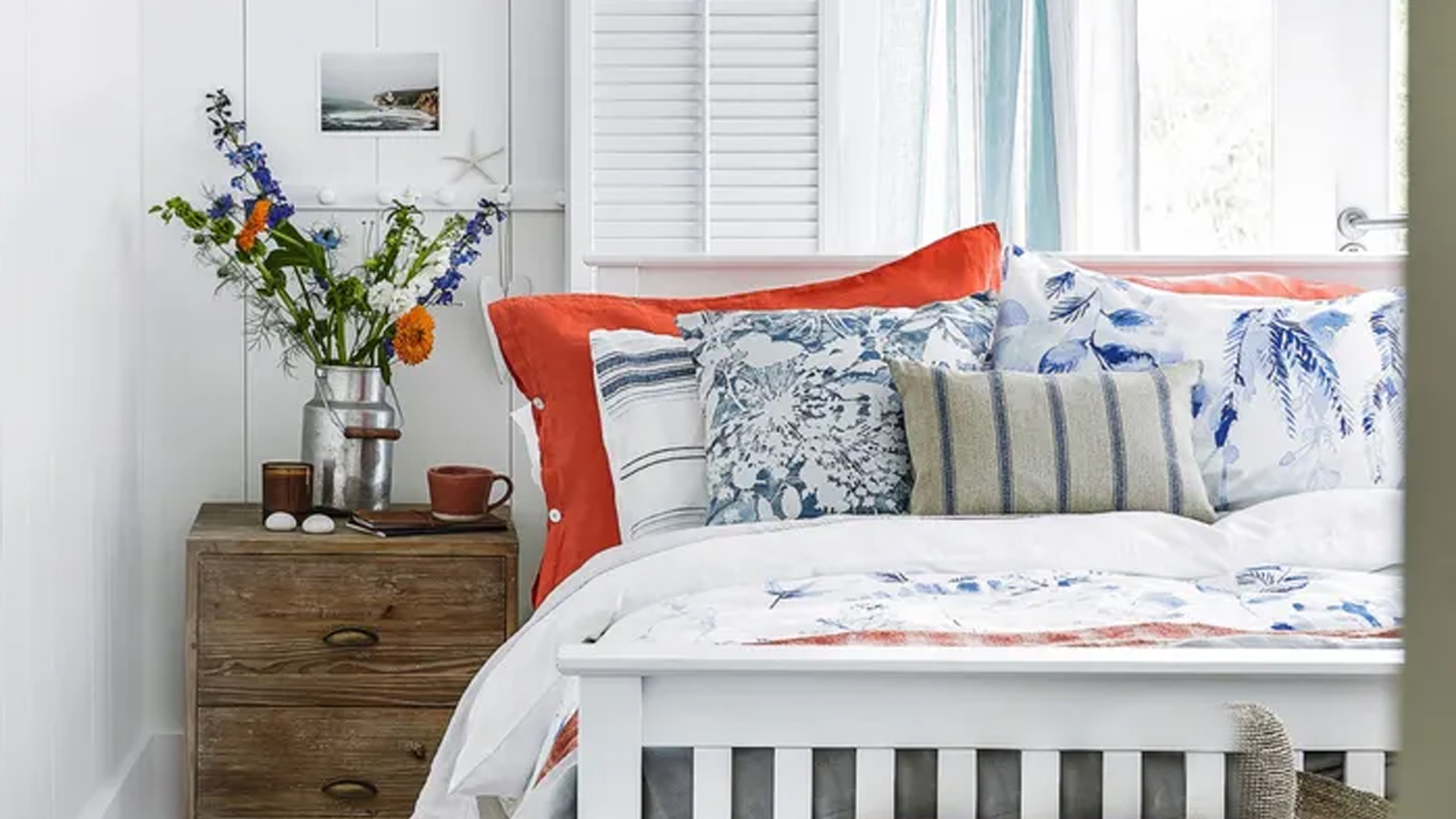

Sleep experts reveal that regularly rotating your mattress can lead to a better quality of sleep and mattress life.
There's no denying that investing in the best mattress you can is a crucial component to sleeping better. However, no matter how good the mattress you invest in, there's stil some upkeep required to ensure it stays in tip top condition and continues to deliver a great night's sleep – and there's a mistake that all too many of us are making.
Data released by retail brand Next reveals that 47 per cent of Brits aren't regularly rotating their mattress, with up to 77 per cent admitting to sleeping on the same side of the bed night after night. According to health and wellness information site Healthline, this can lead to dents, uneven mattress wear, and ultimately a not-so-great night's sleep.
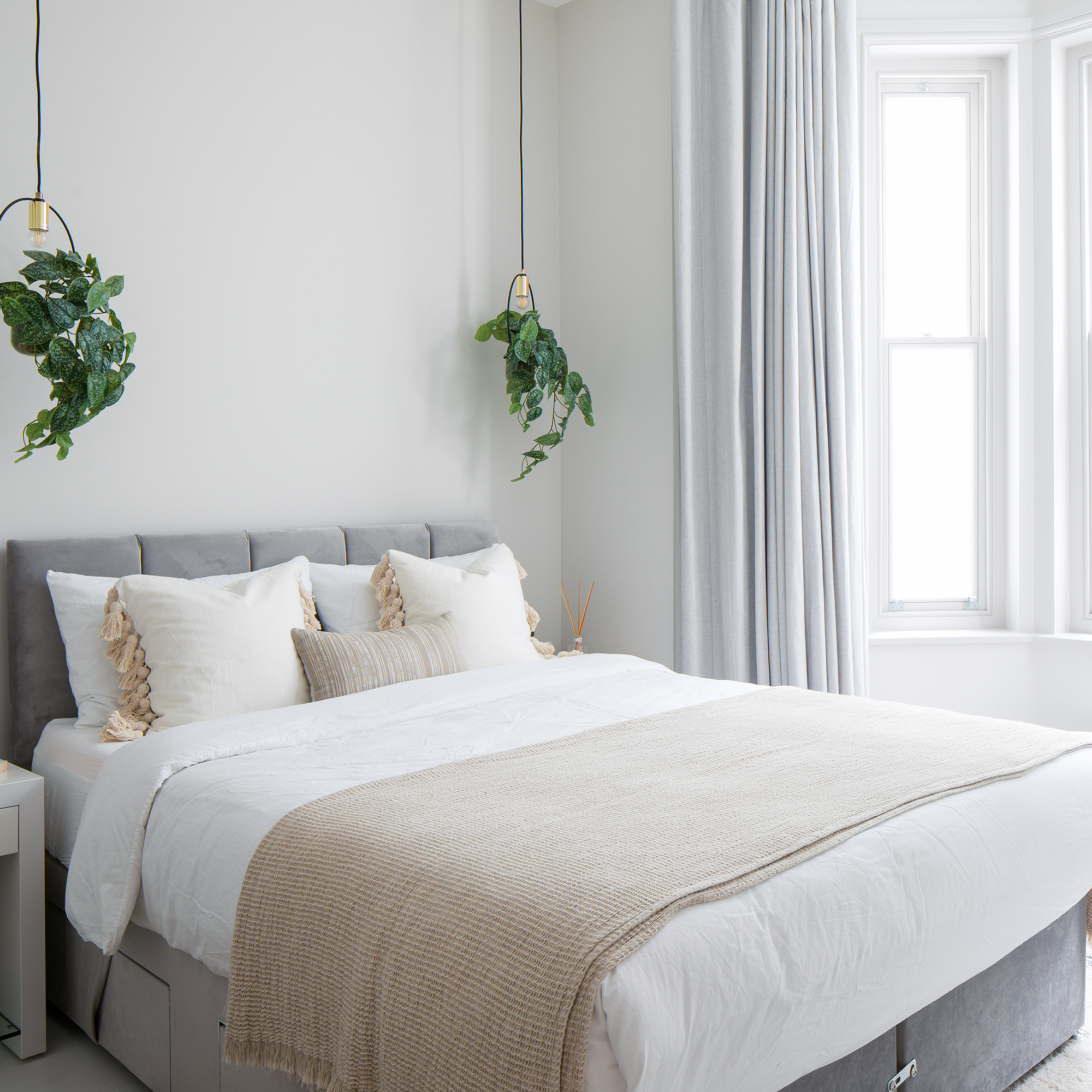
How often should you rotate your mattress?
'Most people tend to sleep in the same position on their mattress night after night' explains Fabio Perrotta, director of buying at mattress retailer Dreams. 'It is therefore expected for body impressions to form in your mattress – this is a natural sign of your mattress adapting to support you', he assures.
'The comfort fillings will settle in the area where you sleep, which can leave a ridge down the centre of the mattress. This can be more noticeable if you have a larger mattress or a pillow top mattress, but it does not affect the comfort or support provided by the mattress.'
However, as he continues to say, 'Mattress maintenance plays an important role in extending the life of your mattress, as well as ensuring you enjoy optimum comfort while sleeping.'
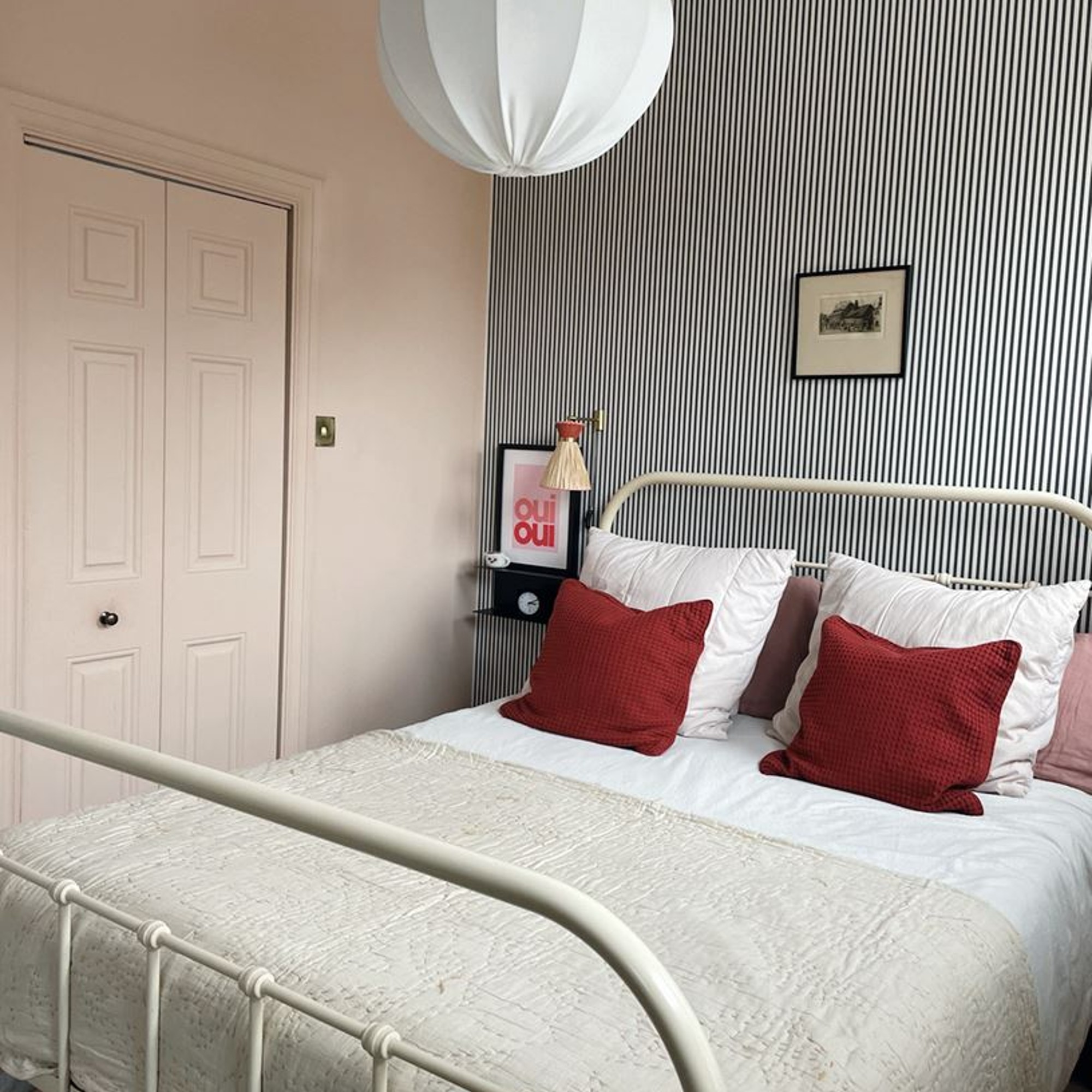
'We recommend rotating or turning your mattress once a week for the first three months and monthly thereafter to help minimise any settlement and ensure you get the best performance from your mattress,' advises Fabio.
Get the Ideal Home Newsletter
Sign up to our newsletter for style and decor inspiration, house makeovers, project advice and more.
'Depending on the type of mattress you have, some will require just rotating and some will require both turning over and rotating'.
'Some mattresses require frequent flipping to maintain the quality of the fillers, whilst others can stay as is for around three months,' adds Dave Gibson, trained osteopath, health and wellbeing advisor, and founder of the Sleep Site.
'Typically, it’s the two-sided pocket sprung mattresses that will need more care as they have layers of fillers on top of the springs which can settle into the corners of the mattresses. Turning them increases comfort and mattress life.'
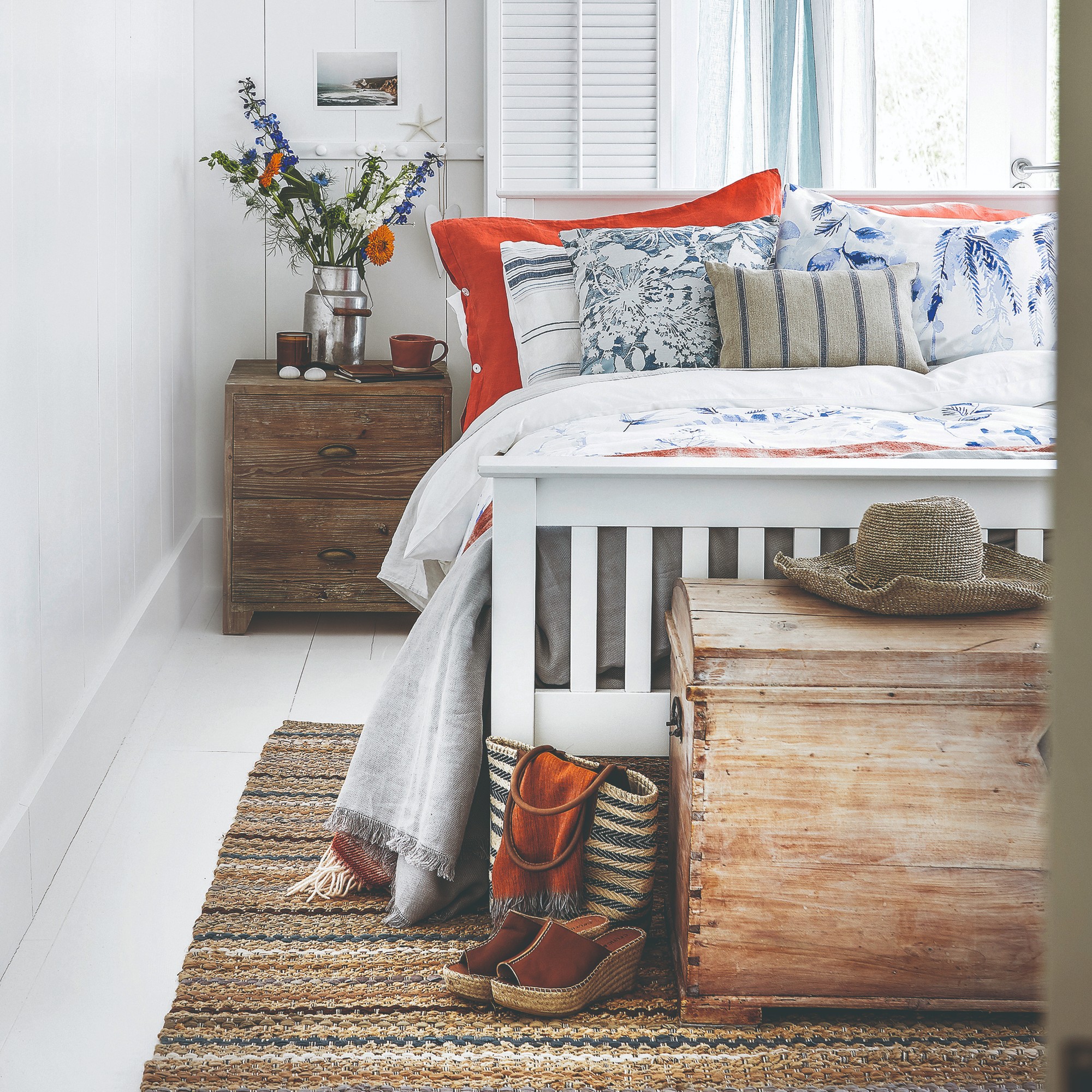
Mattresses that need flipping tend to be open coil or pocket spring designs, whereas hybrid or memory foam mattresses require rotation. You can find out more about how to identify whether you should flip or rotate your mattress in our guide to should you flip your mattress.
Surprisingly, another way to minimise further compression on your mattress is by not making your bed first thing in the morning. 'Allow your mattress to air out daily by leaving the bedding pulled back for a while after you get up,' says Fabio. 'This is to encourage any moisture to dispense and allows the fillings and layers to rise back up.' Good news for those of us who are lazy bones in the mornings!
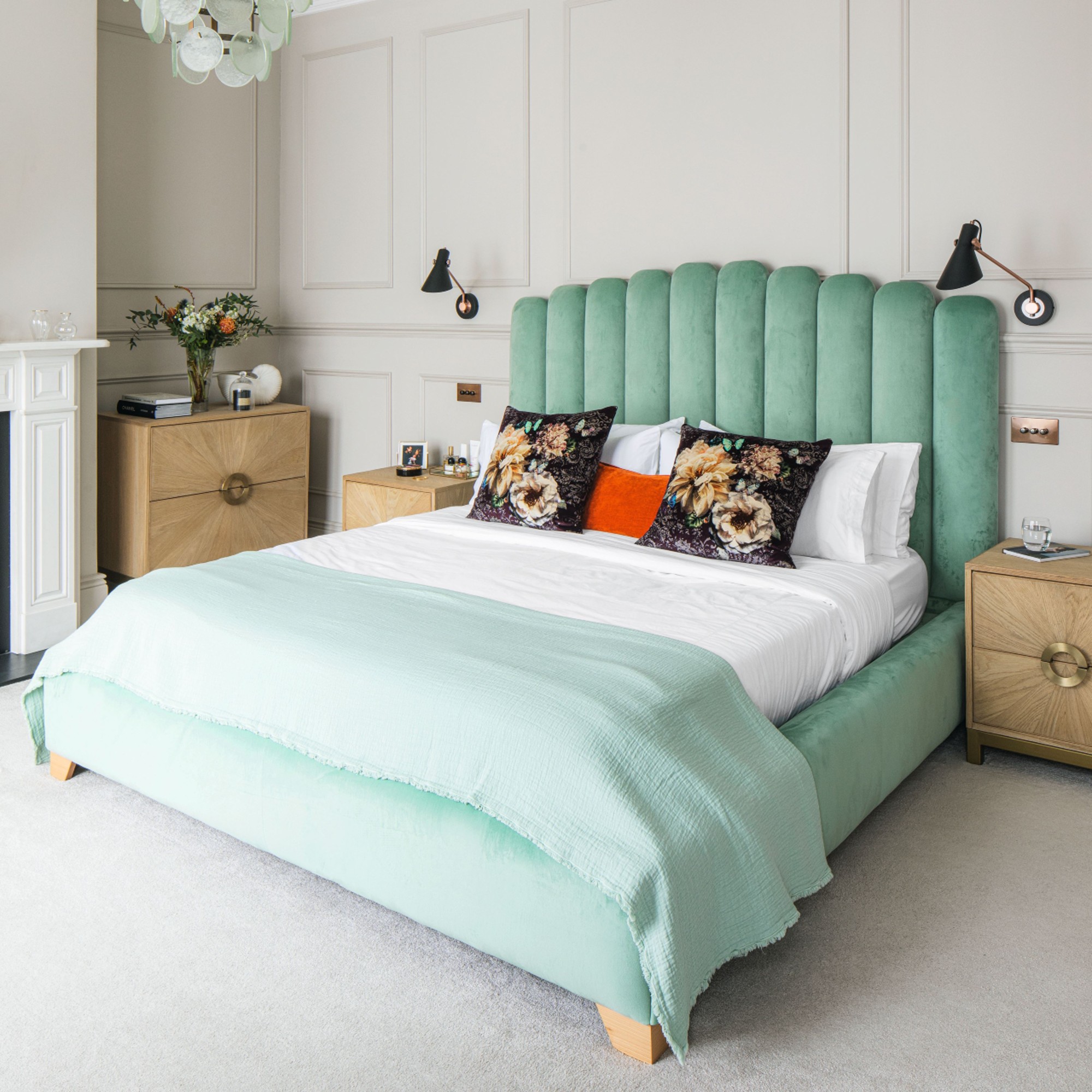
All in all, it's clear that it pays off to be clued up on how to take care of your mattress – and that goes beyond just investing in the best mattress protector or a mattress topper to shield your mattress from spills or stains and prolong its lifespan. Plus, knowing how to clean your mattress isn't enough on its own.
As our experts explain, a regular rotation schedule is vital for keeping your mattress in tip top condition, and it's easy to remember to do it if you pair rotation (or flipping) with your laundry schedule and spin your mattress when you come to wash your bedding.

Jullia was Ideal Home’s Junior Writer from 2022-2024 and the Ideal Home Certified Expert in Training on Vacuums having spent over 60 hours testing different models. She’s always loved all things homes and interiors, graduating with a bachelor’s degree in Architectural Studies from the University of Nottingham where her love for writing blossomed following her internship at ArchDaily. Now focused on home tech and cleaning, Jullia works on writing features and explainers to help people make the most of their home appliance investments, putting the newest launches through their paces. When she isn’t writing, she loves exploring the city, coffee shop hopping, and losing hours to a cosy game or book.
-
 Will a conservatory add value to your home and how can you maximise it?
Will a conservatory add value to your home and how can you maximise it?This is what the pros say
By Amy Reeves
-
 I’ve been looking for a new signature scent for my home and The White Company's new fragrance is the exact summer holiday smell I needed
I’ve been looking for a new signature scent for my home and The White Company's new fragrance is the exact summer holiday smell I neededSantorini smells fresh, summery and sophisticated
By Kezia Reynolds
-
 How to remove algae from garden walls in five steps – and the cleaning product experts rave about for tackling it fast
How to remove algae from garden walls in five steps – and the cleaning product experts rave about for tackling it fastExperts share their top tips for getting garden walls algae-free
By Katie Sims